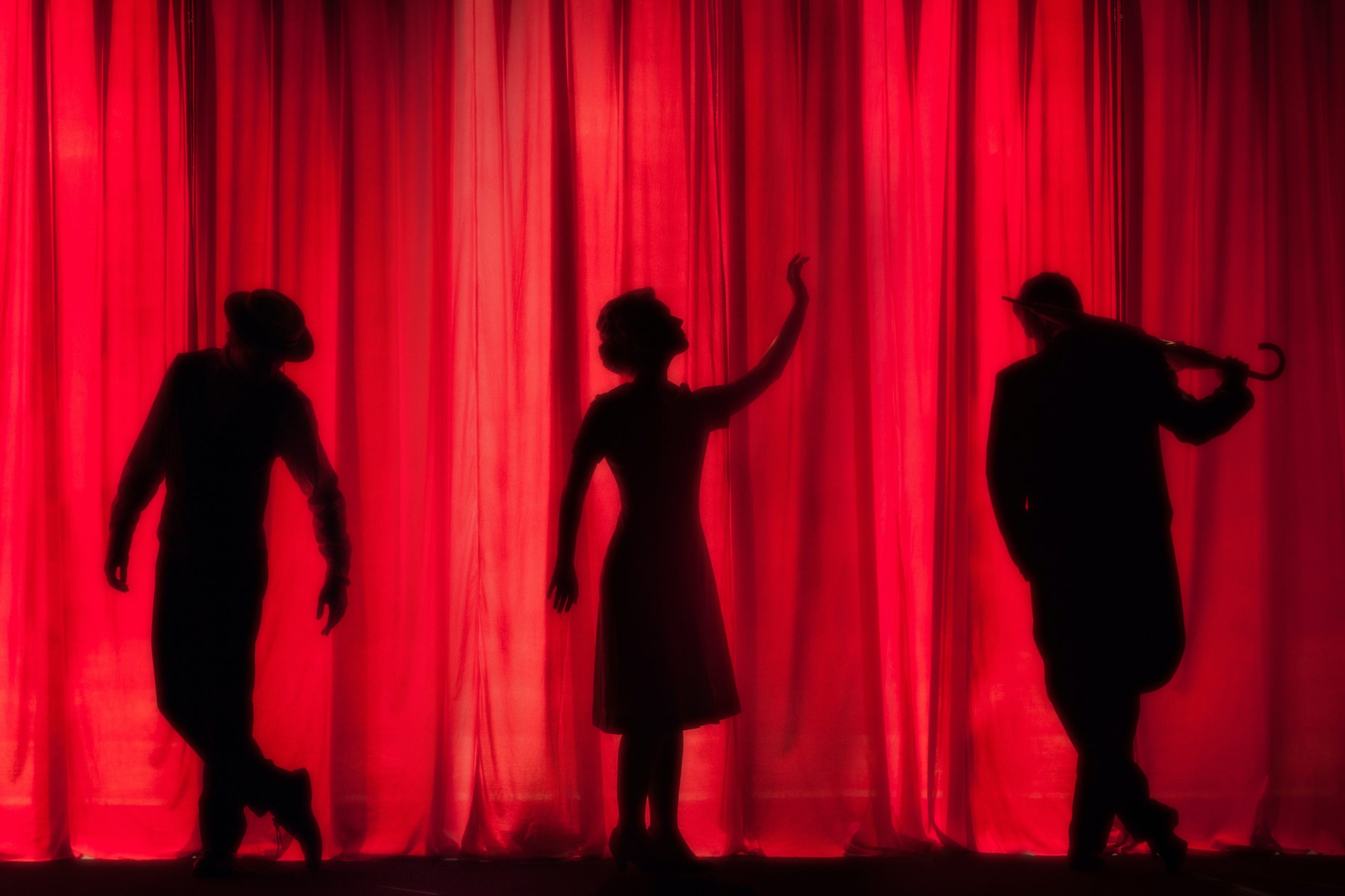
Have you ever felt as though you are performing?
Sometimes our clients say to us just that – it feels like they are on a stage when “being” a leader.
In fact, the connection between leader and actor is one as old as leadership studies itself. Warren Bennis, the so-called ‘father’ of leadership studies, saw leadership as akin to acting. He wrote in On Becoming a Leader:
“Politics, too, is a performance art, as Orson Welles made clear when he first met President Franklin Delano Roosevelt. FDR graciously said to the already-legendary actor/director: “You know, Mr. Welles, you are the greatest actor in America.” And Welles replied: “Oh, no, Mr. President. You are.”
Of course, this was written in the US context, which is famous for its revolving doors between the entertainment and political establishments. There’s no doubt, though, that leaders and actors require similar skills and face some very similar challenges.
Let’s take a look.
Honing the Craft
At the core, both leaders and actors are honing a craft which requires a deep understanding of ourself and how we can change and evolve in our practice.
One example of this is how, just like an actor, leaders need to be highly conscious around their presentation and communication. How do I appear to others? What is my voice, body and movement conveying? Am I delivering a nuanced and compelling message? We want to be in tune with the impact of our presentation and the crafting of our message – just like the actor. This sense of “purposeful presentation’ is a key similarity between the roles and, today, leadership soft skills (of tone, emotion and connection) are more important than ever.
What’s more, a leader, like an actor, needs to engage in self-reflexivity. Self-reflexivity is a step further than self-reflection, requiring that we not only analyse our behaviour and how it impacts others, but acknowledge its political, social and cultural origins. We see where we are positioned within the whole and how that may need to shift. Leadership too is a craft requiring attention, dedication and self-improvement. Our ability to see and perceive ourselves as others do, allows us to make choices about how we want to act differently. Once we are conscious of ourselves or more “mindful”, we have greater agency in the moment to choose our next step.
Finding Our Real Voice
Leaders and performers also share certain challenges which can require us to push ourselves beyond the ‘normal’ space we might operate in day to day.
In particular, we know that modern leadership champions radical authenticity. Equally, people hate watching acting which feels ‘put on’. People can spot a fake from miles away and will react negatively to a perceived lack of genuineness. Our leadership is strongest and the most effective when it is purpose-led – coming from our real desire to effect positive change and achieve a shared ambition.
We don’t want to be perceived to be, or feel within ourselves, like we are ‘playing a role’. It needs to be something we really believe in order to be meaningful. For both leaders and actors, our desires, intentions and goals must match our behaviour.
This is different to “imposter syndrome” where we feel like we are not deserving or capable of a leadership position. Whether we think we are able to do it or not, isn’t relevant here (although this of course has its own repercussions), we have to truly want to do it – whatever the situation might be asking of us.
At times, our organisational context might demand that we “perform” to meet the moment. “Holding” your team during crisis, instilling confidence (when we might not feel it ourselves) and responding mindfully to provocation, may feel like a performance because they are not our first bodily or emotional reaction. However, on the contrary, being able to act with intention requires us to be even more in touch with ourselves and our greater purpose. This type of ‘performing’ isn’t really performing at all – it’s a part of compelling leadership.
Taking the Best Of…
Leadership has a lot to gain from diverse industries and professions and acting is no exception to this. Here are four creative ways that acting training can bolster your leadership capabilities:
- Presence – Great actors have great physical presence: think Brad Pitt or Audrey Hepburn. This is not just an inherent characteristic though – but something which can be developed with time. It brings together a range of bodily cues: our carriage, movement and way of speaking. Professional actors can provide insight into how to cultivate your presence.
- Presentation Skills – Acting can also teach us a lot about virtual presenting and facilitating. In the post-COVID world, our ability to communicate through the screen is more important than ever. Using the skills that actors have honed over decades to present into a camera, we can become highly effective at leading in hybrid spaces.
- Adaptability – Acting teaches us how to adapt in the moment – meeting the demands of different contexts. Actors need to be able to think on their feet and respond purposefully to the scene and co-actors. Leadership similarly requires us to be adaptable and able to switch hats when necessary. One fantastic training area to support in adaptability is learning improv skills.
- Relationship Building – Our greatest strength is in our capacity to connect with and influence people, both as an actor and as a leader. We can learn much about the power of speaking to the heart of others from actors. Acting classes can also teach us much about how to persuade and connect.
- Giving and Accepting Offers – Acting requires us to be attuned to the environment and listen deeply to what our collaborators are offering. This mindset is called giving and accepting offers, so that we can both respond to what others bring and contribute and build, by giving back. Similarly, leaders need to find that same level of attunement which allows them to move and collaborate powerfully with those around them.
So, when our clients say they feel like they are performing, we encourage them to try amping their acting skills to get a boost in their leadership approach – but we remind them that it’s not all just a show.
Need More Help?
Keen to find out more about how to lean into performance art to bolster your leadership capabilities? Whether it be honing the craft, finding your real voice or taking the best of acting training to enhance your existing leadership toolkit, Performance Frontiers can help. Speak to Natasha today about how we can draw on our performance and arts-based background to help your people and organisation thrive.








